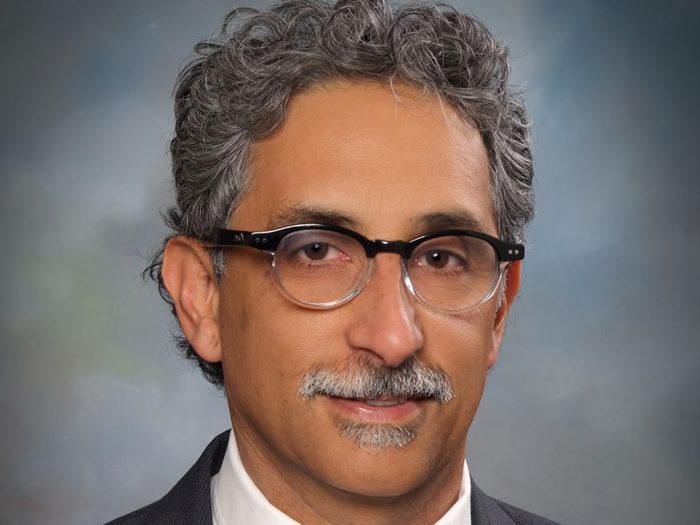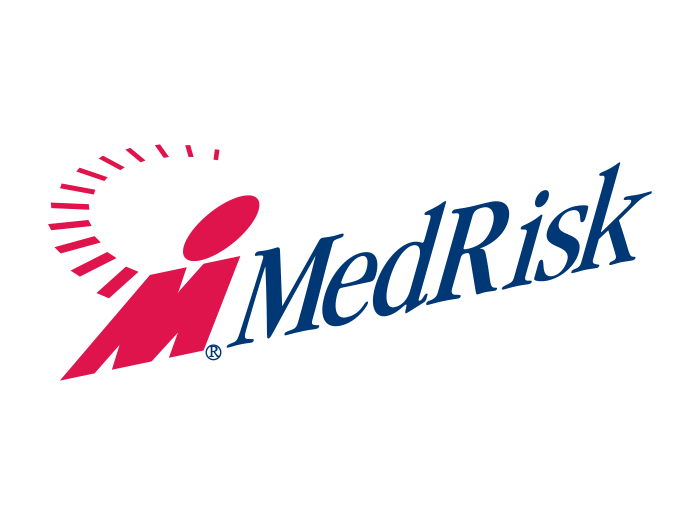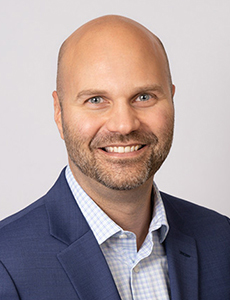NWCDC’s Roberto Ceniceros Reflects on Workers’ Comp’s Past and Future

As NWCDC draws to a close this year, we will say a bittersweet farewell to Roberto Ceniceros, who will step down this year as chairman, a position he has served well since 2013. Ceniceros stepped down as senior editor of Risk & Insurance® earlier this year. Ceniceros is widely recognized as one of the top journalists covering workers’ comp nationwide.
Once upon a time in Los Angeles, Ceniceros covered the crime beat for a daily newspaper. Eventually he left behind his “life of crime” and began reporting on the commercial insurance industry — an industry he has reported on and been a part of for 25 years. R&I spoke with the outgoing chairman while he was busy finalizing details for this year’s conference.
Risk & Insurance: What are the most significant changes you’ve witnessed since you first started covering workers’ comp as a journalist?
Roberto Ceniceros: I think the most obvious thing is how it’s flipped, where indemnity payments used to be the majority of expenses and now medical payments are. Insurance availability was a big deal back then, too — there was an availability crisis in California. You couldn’t even get workers’ comp insurance, or it could be challenging to get. Everything was about hard markets, soft markets, insurance cycles. What the costs were for obtaining insurance. You just don’t hear that anymore.
There also wasn’t such a wide variety of vendor services that employers were purchasing, and they were managing more of their claims on their own. At least for those employers who were self-insured, more of them were self-administering.
R&I: What do you think that the workers’ comp industry is getting right?
RC: Employers are finally [embracing the] advocacy concept. I’m sure there are many employers across the country who still don’t quite get it. But enlightened employers are trying to move away from the adversarial system and make it more employee centered. It’s about taking care of the employee, taking care of those injuries, not spending so much time investigating claims and trying to find fraud or abuse. They’re spending more time getting injured employees better.
And I see employers starting to say, ‘Yes, we’re getting positive results from that.’ So I think that’ll help. But I still think it remains to be seen.
R&I: Where do you see the most room for improvement?
I think employers still need to closely manage their relationships with vendor partners — make sure that they’re buying appropriate services that are a good fit and actually work. Sometimes you see employers spending money on things that just aren’t getting a return or aren’t doing much for them.
I’ve had conversations with vendors who tell me all about their products, about what they offer and how it’s going to help employers. But I never hear about the injured worker through this whole conversation.
Managing those business relationships — that’s a really crucial role for employers rather than just turning those functions over. It’s important to keep in focus that it’s not just about the cost but about how well are they treating your injured workers.
R&I: In recent years at NWCDC and across the industry, people have begun to talk about changing the language of workers’ comp … like saying client instead of claimant or advocate instead of adjuster. Do you think that’s an idea that’s on the right track?
It’s a good thing overall that there’s that kind of consciousness and that people are making that connection. But it’s about a lot more than a word. Are they really behaving as an advocate rather than an adjuster? Is there language in your contract that is ensuring they will act as an advocate?
Because if you’re just using the words, what’s that? That’s nothing. Language is powerful. But if you’re not enforcing it, if you’re not making sure they are treating your injured worker in a certain way, you can call them whatever you want to call them but the injured worker is still going to be dissatisfied with their care, and you could be looking at litigation.
That’s the key — it’s not just the word that’s important, it’s also the behavior. What kind of control are you exercising over your adjusters or advocates or whatever you’re calling them?
R&I: How important is technology in order for NWCDC and other organizations to stay relevant for this group?
It’s important to help employers and others in the industry understand what technologies are available and learn more about them. But that’s just a component of the bigger picture, which is continuing to educate them about what is going to make their job easier and more effective. Keep in mind that by easy, I don’t mean kicking back and coasting. I mean easier in terms of meeting goals, in terms of improving care, getting better results.
Without a doubt, the bottom line for conferences and publications, is educating and teaching, spreading the word about what works, what doesn’t work. What’s been helpful? What hasn’t been helpful? How can we make sure they don’t get forgotten and left behind? Technology is an important part. It’s an emerging part, but it’s just a subset of the bigger picture of what has to be done.
R&I: What’s the most important thing that serving as chair of NWCDC has taught you?
I think it’s further deepened my understanding of how some risk managers and workers’ comp managers … how dedicated they are to their profession. These are people who genuinely want to serve and who are proactively implementing creative measures. And they’re also taking action to educate other employers and to further the industry.
There are simply some genuinely good people in the workers’ comp industry. For me, it’s just been a real honor to get to further help educate employers. Overall, I’ve been really, really fortunate that I had a successful career and that the industry has afforded me that. I hope there’s been at least a few days where I’ve helped move the ball further down the field.
R&I: When you’re not wearing a tie, you’re quite the adventurer. Where will your next adventures take you?
Well, I was just in Istanbul a few days ago. Istanbul was pretty exciting. It’s just a big bustling city and it has all this history and hubbub about it. I’m also considering a trip to Lisbon.
Closer to home, I’m hoping to get back to kayaking and also hiking some more — a lot more outdoor stuff. And I’d like to do more cooking! &










